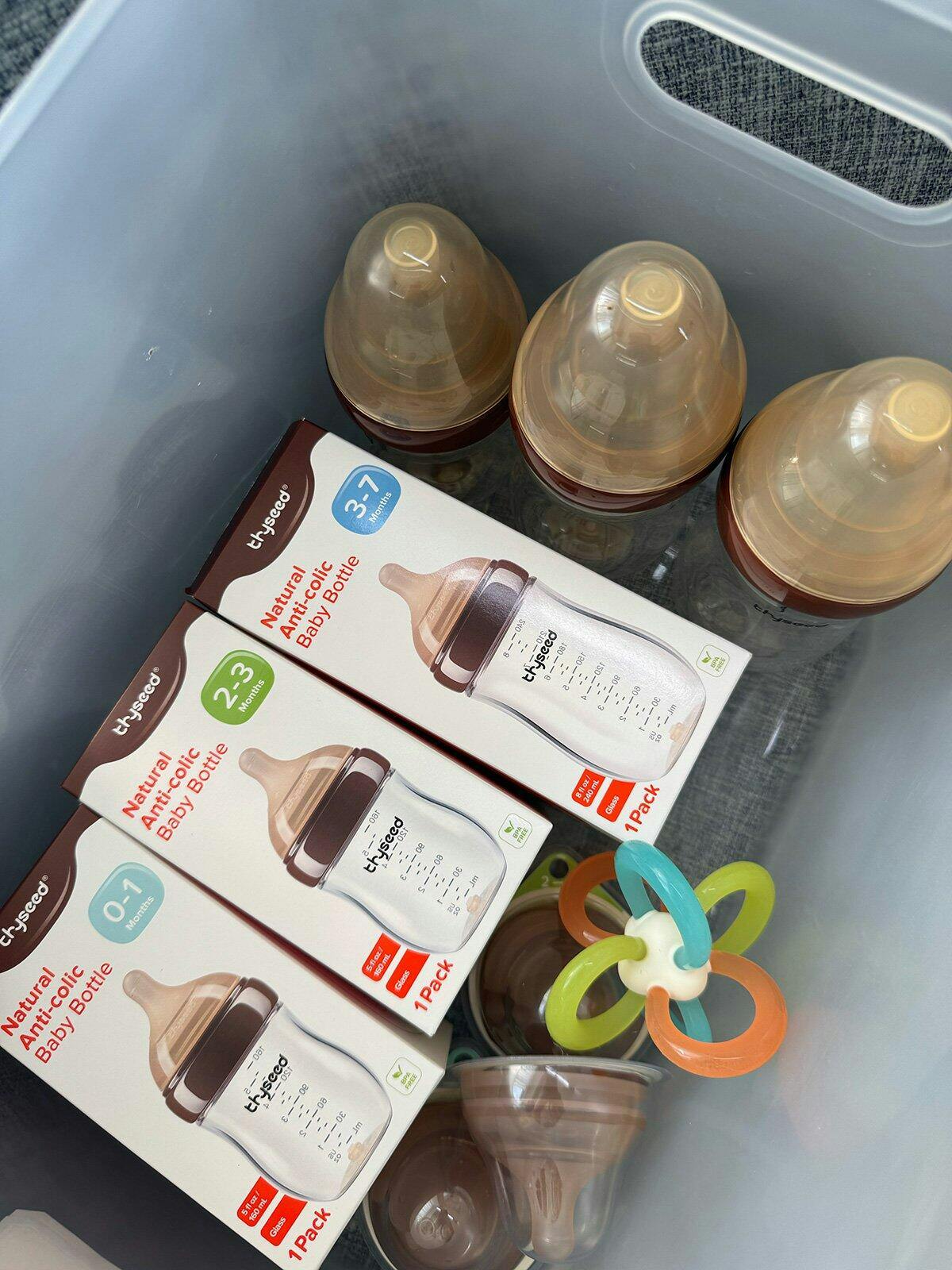Unlock the Secrets to Choosing the Perfect Bottle Milk for Your Newborn!
Choosing the right bottle milk for your newborn is one of the most crucial decisions you will make as a parent. Nutrition plays a fundamental role in a newborn's growth and development, influencing everything from brain development to immune system strength. With so many options available, it can be overwhelming for new parents to navigate the world of infant nutrition. This article aims to guide you through the selection process, ensuring you make an informed choice that aligns with your baby’s unique needs.

Understanding Newborn Nutritional Needs
Newborns have specific nutritional requirements that are essential for their rapid growth and development. Their diets must be rich in proteins, fats, vitamins, and minerals. Proteins are vital for building tissues and organs, while fats provide the necessary energy and support brain development. Vitamins and minerals are crucial for the overall functioning of the body. As babies grow, their nutritional needs evolve, requiring parents to adjust their feeding strategies accordingly. For instance, what works for a newborn may not be suitable as they transition into infancy and toddlerhood. Understanding these evolving needs is key in ensuring your baby receives the best nutrition possible.
Types of Bottle Milk Available
When it comes to bottle milk suitable for newborns, there are several options available, each with its own set of advantages and disadvantages. Breast milk is often celebrated for its natural composition, designed specifically for infants. Formula milk comes in various forms, including powdered and liquid varieties, providing an alternative when breastfeeding is not possible or preferred. There are also specialized formulas for babies with particular dietary needs. Understanding the pros and cons of each option helps parents make the best decision for their child.
Breast Milk
Breast milk is widely regarded as the gold standard for infant nutrition. It contains the perfect balance of nutrients and is packed with antibodies that help build a newborn's immune system. The benefits of breast milk extend beyond nutrition; it also fosters a strong bond between mother and child. However, the success of breastfeeding can depend on maternal health, support, and sometimes external factors. New parents who choose this route often share stories of the challenges they faced, from latching issues to concerns about supply, but many agree that the rewards far outweigh the difficulties.
Formula Milk
Formula milk is designed to mimic the nutritional profile of breast milk, ensuring that infants receive the necessary nutrients for healthy growth. There are various formulations available, including standard formulas for healthy babies, hypoallergenic formulas for those with allergies, and specialized options for premature or medically fragile infants. Parents should consider their baby's individual needs when selecting a formula, and it may take some experimentation to find the right fit.
Factors to Consider When Choosing Bottle Milk
When selecting the right bottle milk for your newborn, several key factors must be taken into account. First, consider your baby’s health; any existing medical conditions or allergies should guide your choice. Next, think about dietary restrictions that may come into play, especially if you or your family has a history of allergies. Additionally, lifestyle preferences, such as the convenience of preparation and feeding, should also be considered. Consulting with a pediatrician can provide valuable insights, helping you make an informed decision that supports your baby’s health and well-being.
How to Transition to Bottle Milk
Transitioning to bottle milk can be a significant change for both parents and babies. If you are moving from breastfeeding to bottle feeding, start by introducing the bottle during a time when your baby is calm and not overly hungry. It may help to have someone else offer the bottle initially, as babies can sometimes refuse it if they associate their mother with breastfeeding. If you are switching formulas, introduce the new formula gradually, mixing it with the old one to help your baby adjust. Patience is key during this process; it may take time for your baby to accept the new feeding method.
Key Takeaways for Choosing Bottle Milk
In summary, choosing the best bottle milk for your newborn is a vital decision that can significantly impact their growth and health. By understanding nutritional needs, exploring different types of milk available, and considering key factors in your decision-making process, you can make an informed choice that best suits your baby’s needs. Remember, seeking advice from healthcare professionals can provide additional support as you navigate this important journey of parenthood.








